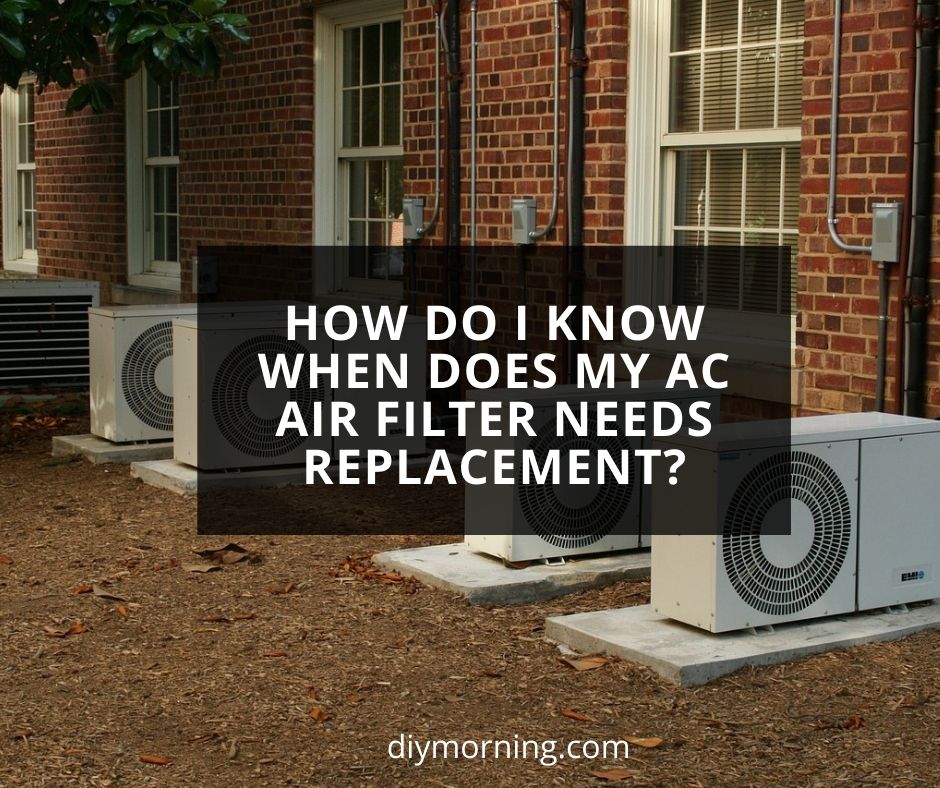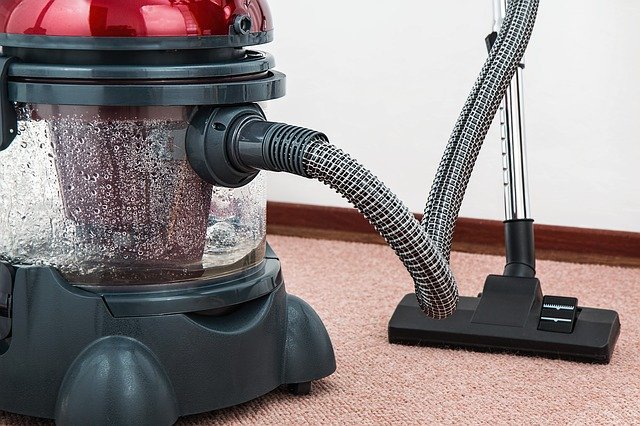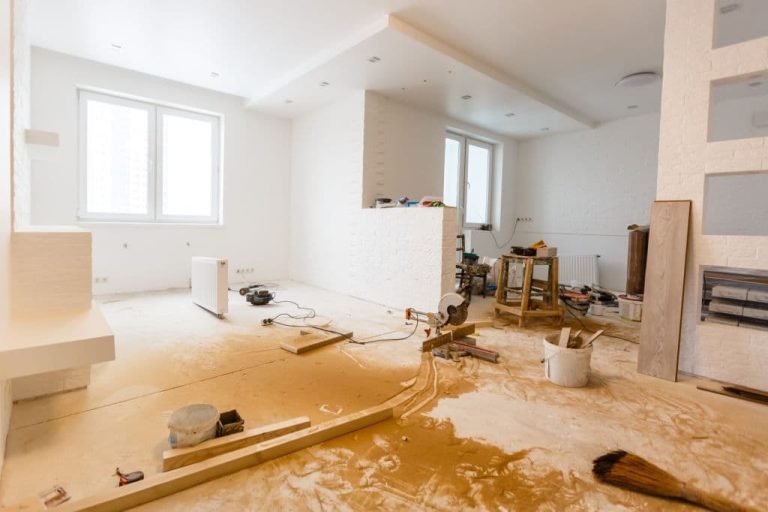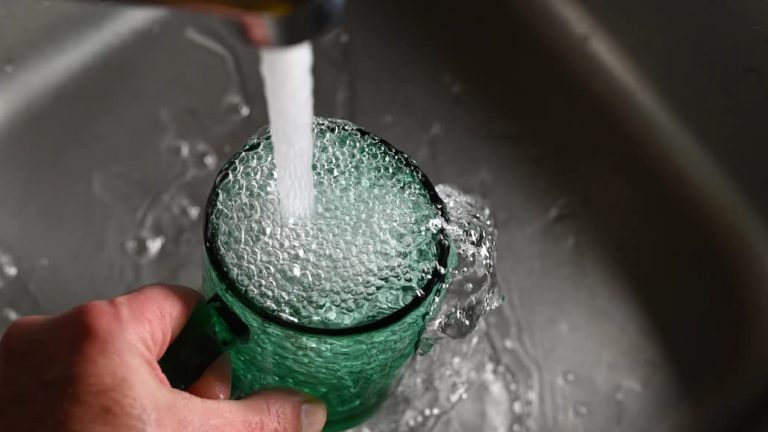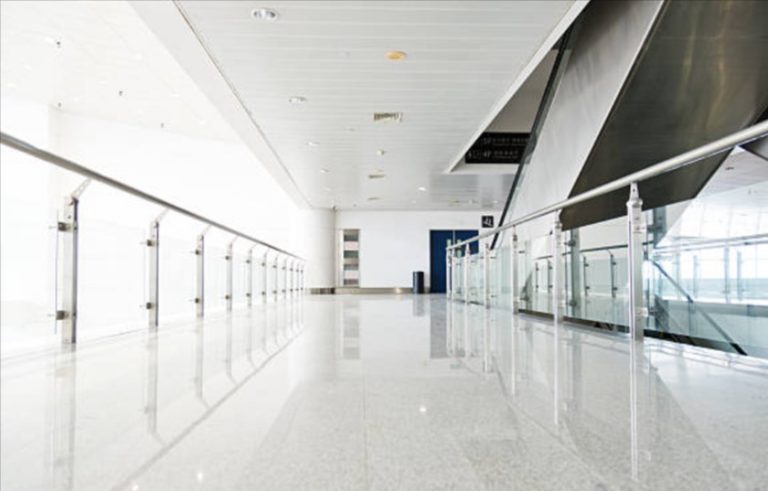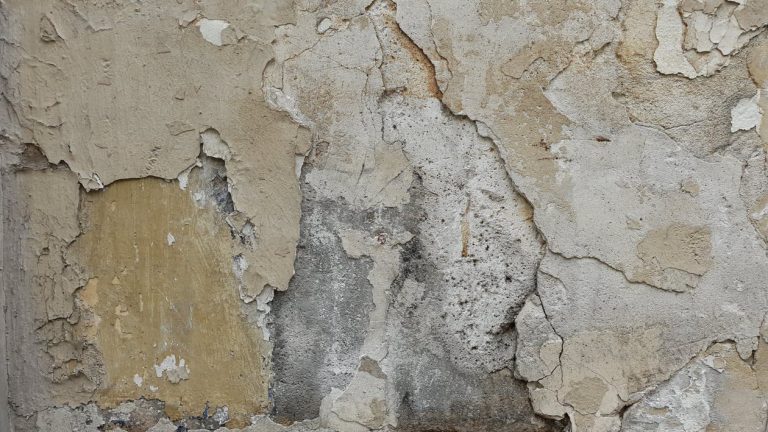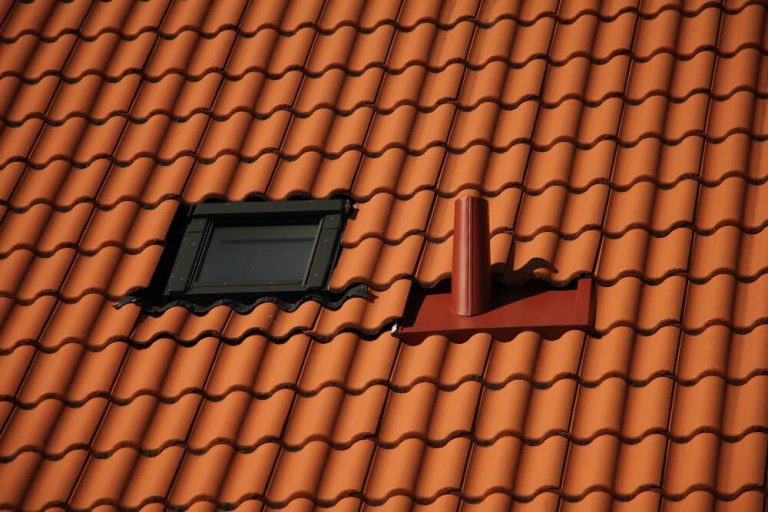How Do I Know When Does My AC Air Filter Needs Replacement?
Knowing when your AC filter needs to be replaced can be what keeps your unit from breaking down due to blocked airways, and keeps everyone in your home healthier. What kind of air filter you need depends on a few factors.
Table of Contents
How Air Conditioning Systems Work
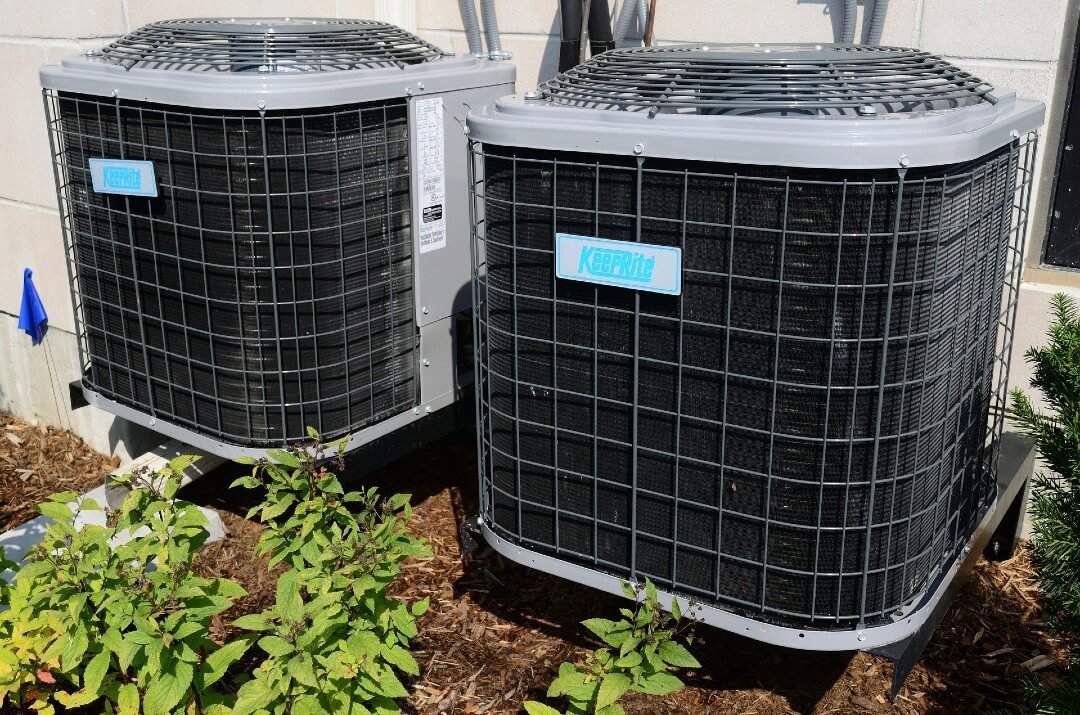
In order to understand when your air conditioning filter needs replacement, it’s important to understand how air conditioning systems work, and what the filter’s role in the system is. There are many parts to your air conditioning system that are integral to keep in your home pool:
- The thermostat in your house
- The fan, condenser, and compressor outside of your house
- The metering device, evaporator, blower, and filter inside of your house, usually in a closet or a basement depending on the architecture of your home.
By bringing in air from the outside, cooling it with a refrigerant, filtering it, and then releasing it through vents, your unit can cool down a house. You already know that evaporation causes things to drop in temperature, which is why sweating cools down the human body when it is feverish or in a hot setting. Another example is rubbing alcohol, which cools as it evaporates, which is why it is so popular in sunburn aloe gels. That same principle is used to cool your home.
A refrigerant is a liquid that has a very low evaporation point, so it cools things very quickly. A refrigerant is used inside of your unit to cool the coils, and then a fan blows the resultant cold air through air ducts into your home. Eventually, the air will mix and find equilibrium with the temperature outside if you don’t consistently replace it with more cool air.
That’s where your filter does its most important work — inside. After that cold air has cooled your home, been breathed in or coughed out or has mixed with smoke, hair sprays, cooking or candle fumes or paint. As your unit is constantly generating more hot or cold air, depending on which you set it at, it is constantly circulating and picking up particulates in the air. As the air floats in the return duct and passes through the filter, differently-sized particles get trapped in the fibers of the filter.
Essentially, your AC takes the hot air that is inside of your home and puts it back outside by replacing it with cool air. But as that cool air warms up, since it is warmer outside, it will need to be replaced by more fresh, cool air. The filter cleans the air as it recirculates. Now that you have a better understanding of how your air conditioning unit works, it’s easier to understand how different parts affect each other.
How small are the particles that air filters can remove?
It depends on the type of air filter. If you have health concerns or special needs, then you will want to be sure you get the one you need to protect yourself. All filters are given a rating called a Minimum Efficiency Reporting Value, or MERV rating. This rating helps you to compare the performance of different filters, and ranges from 1 to 16, or greater in hospitals. Also in hospitals, you will find high-efficiency particulate air filters, also known as HEPA filters, which can remove 99.97% of airborne particles with a size of 0.3 µm. However, hospitals have HVAC systems that can filter that much but not reduce necessary airflow. For household use, you need a filter that is compatible with your blower.
Filters with lower MERV ratings need to be changed more frequently than high-efficiency filters but you should check your filter’s packaging to see how often the manufacturer recommends replacing the filter. Remember that other factors, such as smokers or asthmatics in the home, will increase the frequency of when you should change your filters.
Signs That Your Air Filter Needs To Be Replaced
Here are the signs that your air filter needs to be changed.
Increased Energy Spending
When your electricity bill has suddenly increased it could be due to a faulty piece in your unit, of course, but a lot of times it’s due to your air filter. Especially in warmer months when you are relying heavily on your air conditioning system, your air filter can get dirty very quickly.
Your House Is Not Cooling Down As It Used To
Because the filter gets filled up with particulates, it is harder for air to push through. A saturated filter does not allow for a lot of airflow. This means that cold air from your unit blower It’s not able to push through the filter, and can freeze up the system. If you replace the filter and the problem persists, however, then you can contact an HVAC technician to service your unit.
Your Filter Is Gray Or Full of Dust
When you see dust and dirt buildup on the filter media, it is time to get a new one.
It’s Been Longer Than Six Months
The manufacturer usually recommends how long their air filters should be used for, but no longer. Usually, air filters must be replaced every one to six months. If it’s been longer than six months, then is a safe bet that you need to change your filter.
Your Allergies Or Asthma Is Worse
People with allergies or asthma may be more vulnerable to reduced air quality. If you find yourself sneezing more often or having difficulty breathing, and it’s been 30 days or more since you changed your filter, then that may be the culprit.
What are the benefits of changing my air filters regularly?
When you do you change your air filters at the recommended intervals you can experience:
- Better HVAC system performance
- Increased energy efficiency
- More comfort
- Better indoor air quality
Choosing which one is best for your system is easier when you work with a representative from
www.filterking.com. They can help you pick the right filter for your health and unit’s capacity, and help you save money.

